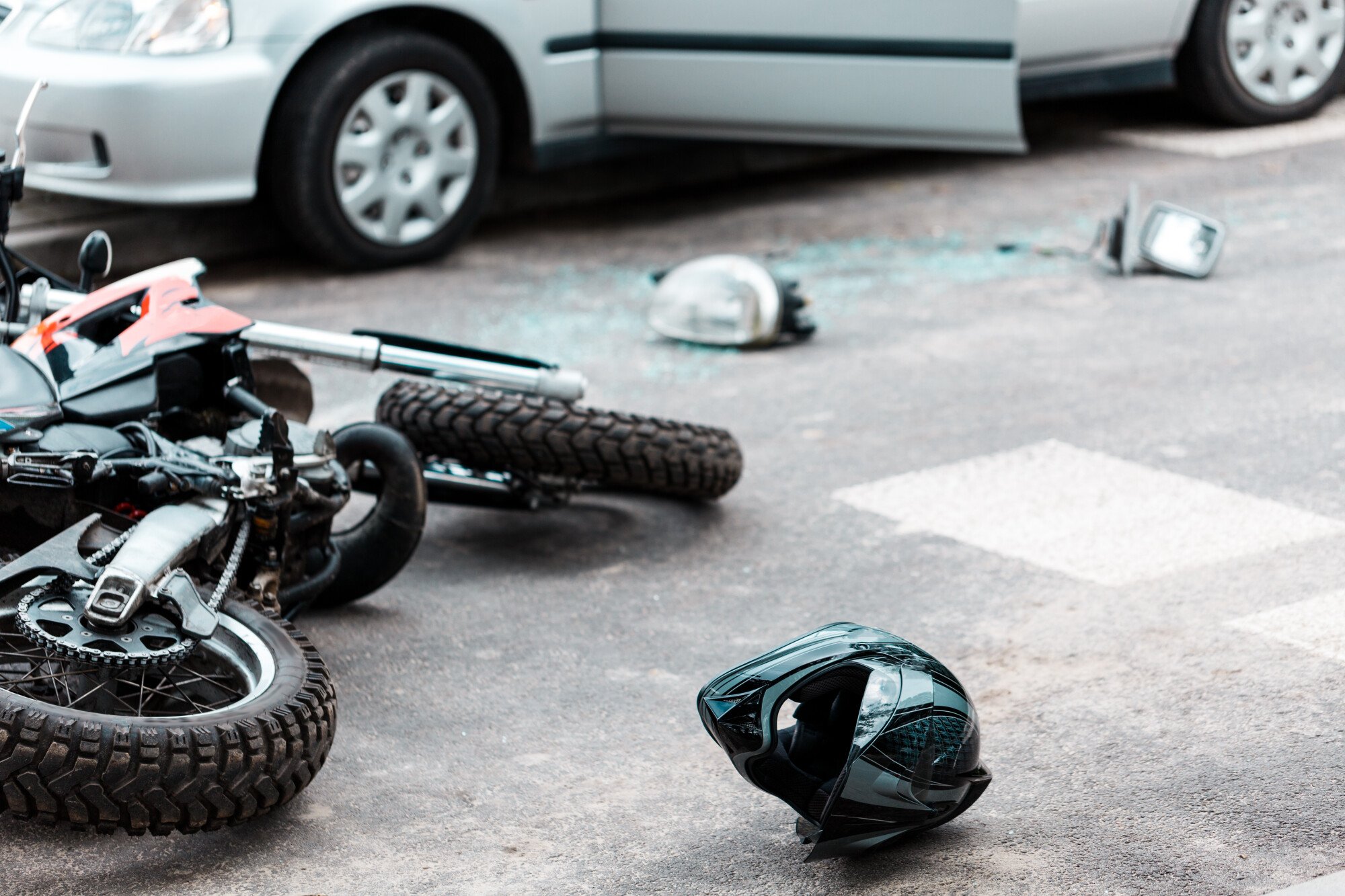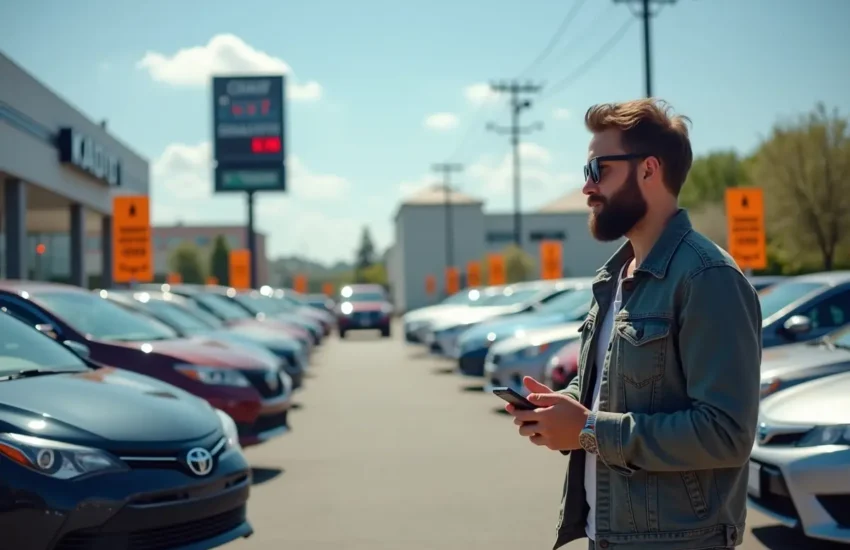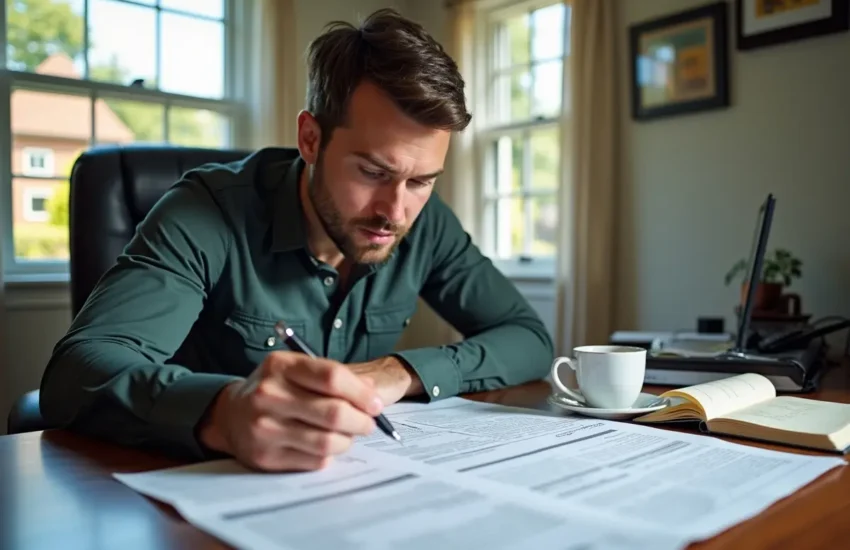What to Do After Suffering a Motorcycle Accident Head Injury
Have you recently been in a motorcycle accident? If so, it’s probably not just your bike that got the damage.
Motorcycle accident injuries are often severe and can sometimes be life or brain-altering. But fear not. Every accident isn’t a disaster. Every rider doesn’t need to give up the helmet.

There are simple things you can do to protect yourself in the long term following even the toughest motorcycle accidents. And often, the bad luck in one day can be overcome in less than a year.
So, if you suffered a motorcycle accident head injury, this short and simple article is for you.
Stay Calm
Amid the chaos and stress of an accident, it’s essential to remain as composed as possible. Panicking can exacerbate the situation and make it harder for you to think clearly and communicate effectively with emergency services. Take deep breaths, if necessary, to help manage anxiety and stay focused on providing the necessary information to the dispatcher and attending medical professionals.
Call 911 or Seek Immediate Medical Help
After a head injury from a motorcycle wreck, the first and most important thing to do is call 911 or get medical help immediately. Head injuries can be life-threatening and must be checked out by a doctor immediately.
When you or someone else calls, give as much information as possible about what happened, how you are hurt, and where you are. The dispatcher can tell you what to do while waiting for help. Don’t forget that even seemingly small head injuries can cause serious problems, so never underestimate how important it is to see a doctor.
Don’t Remove the Helmet (Unless Necessary)
After getting a head injury, it’s important to be careful with your motorbike helmet. Helmets are meant to protect the head and neck; taking them off the wrong way can cause more damage. Leave the helmet on unless it’s an emergency, and let a trained medical professional take it off. They know how to safely evaluate the head injury and have the right tools to figure out if the helmet needs to come off for a good evaluation and treatment.
Incorrectly removing the helmet could worsen neck or spine injuries, so it’s best to be safe and wait for professional help. First responders have been taught to deal with these scenarios safely and effectively.
Minimize Movement
If you’ve sustained a head injury in a motorcycle accident, it’s vital to stay as still as possible. While it might be tempting to try and get up or move around, doing so can be dangerous. Your head and neck need to remain as stable as possible to prevent further harm.
The best course of action is to lie still and wait for medical professionals to arrive. This can be challenging, especially if you’re feeling disoriented or in pain, but moving too much can worsen the injury.
Stay Alert for Signs of Concussion or Brain Injury
It’s also important to watch for signs of concussion or more serious brain injuries. Check if you are experiencing confusion, dizziness, sickness, puking, slurred speech, trouble remembering, or passing out. These signs can show up right after the accident or later, so it’s important to monitor yourself.
If any of these signs show up, be ready to tell the doctors and nurses when they come. If these signs are noticed early, they can help figure out what to do and increase the chances of a good result.
Provide Information to Medical Personnel
When you get to the hospital or is being treated by a doctor or nurse, tell them as much as you can about the motorbike accident and the head injury. Tell them how the accident happened, what happened before it, and if you lost awareness or forgot something.
Mention any health problems or medicines you may have had before. This information can be very important in figuring out the best way to treat them.
Document the Accident
To ensure that you have a record of the accident, it’s helpful to document the scene as much as possible. If it’s safe and doesn’t interfere with the injured person’s care, take photos of the accident scene, including the motorcycle and any other vehicles involved.
Capture images from multiple angles to provide a comprehensive view of the situation. Additionally, gather contact information from witnesses who may have seen the accident occur.
Contact Your Insurance Company
As soon as you’ve taken care of your immediate medical needs, you should tell your insurance company about the motorbike crash.
Talk to your insurance rep or a customer service number and give them the information they need about the accident. This includes information about the accident, any injuries, and anything else that is important. They can show you how to file an insurance claim, which may pay for hospital bills, damage to your property, and other costs.
To make sure your claim is treated quickly and fairly, it’s important to follow your insurance company’s rules and dates for reporting accidents.
Seek Legal Advice (if Necessary)
If the motorcycle accident resulted from someone else’s negligence or complexities surrounding the case, it may be prudent to consult with a personal injury attorney. An attorney can help you understand your legal rights, navigate the legal process, and potentially pursue a personal injury lawsuit to seek compensation for damages, including medical expenses, pain and suffering, and lost wages.
Legal advice can be especially valuable when dealing with insurance companies, negotiating settlements, or addressing liability issues. If you’re in the Phoenix area and looking for expert guidance, consider contacting a qualified motorcycle accident lawyer in Phoenix. They can assess the specifics of your situation and guide the best course of action to protect your interests and pursue a fair resolution.
Revive Your Ride After a Motorcycle Accident Head Injury
In conclusion, a motorcycle accident head injury can be a traumatic and life-altering experience. It is important to seek medical attention immediately and to follow a thorough recovery plan.
Stay proactive in your recovery, and don’t hesitate to seek help. Take care and ride safely.
We hope this article was helpful to you. If you enjoyed it, be sure to check out our blog for more valuable information and resources.


